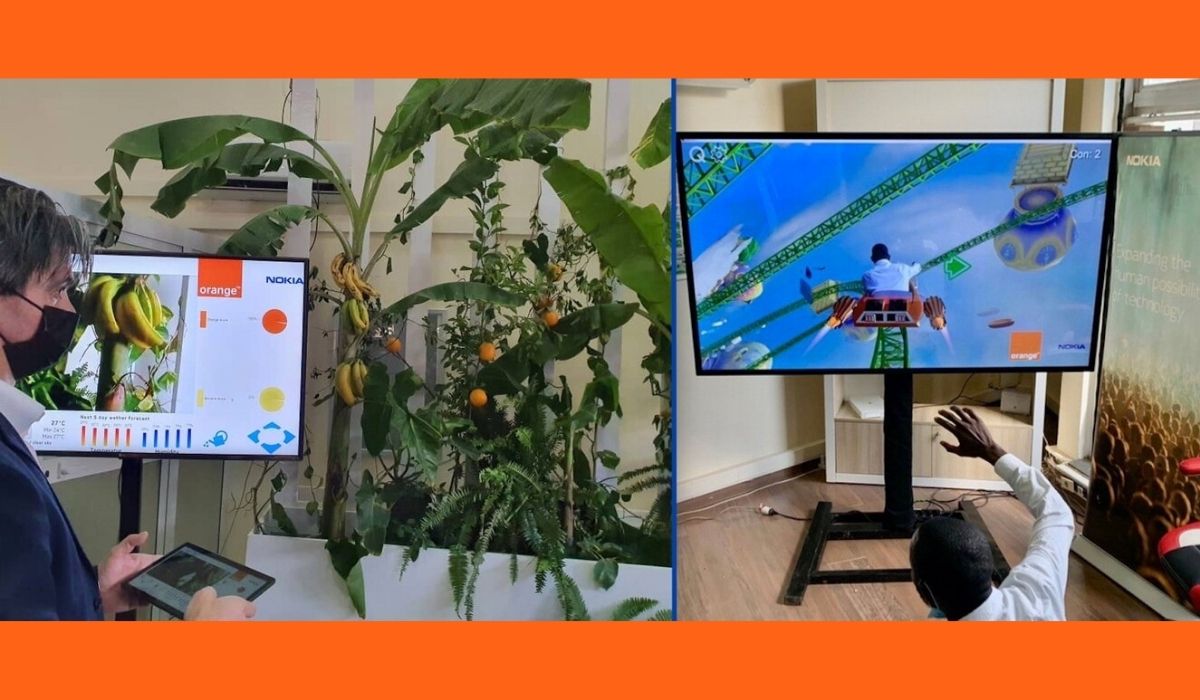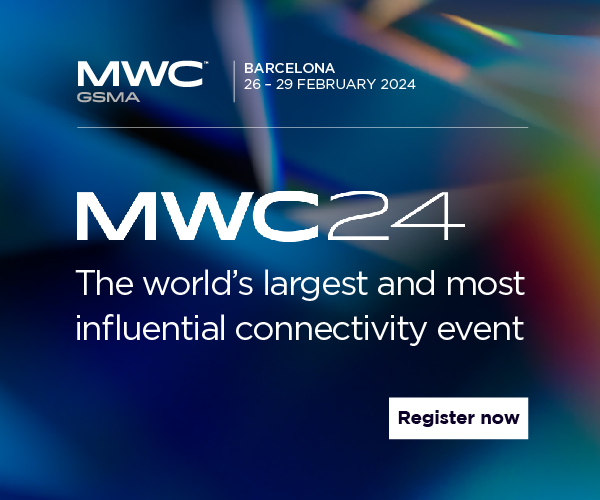The Head of North & West Africa at Nokia, Pierre Chaume writes about the major advances in 5G technology achieved by Orange Senegal and Nokia.
“As 5G deployments are gathering pace in Africa, Communications Service Providers are trialing 5G technologies and exploring new use cases to provide innovative services to their customers. Orange Senegal is a pioneer in the country and set a speed record with Nokia. The two companies conducted a 5G trial on December 14th in the city of Saly, which showed the fastest speeds ever recorded reaching 2,09Gbps. We also demonstrated several 5G use cases, including 5G smart agriculture, 5G immersive gaming and 5G Augmented Reality education.
As a highly developing economy, Senegal stands to gain from 5G as it enables several transformative use cases like immersive learning, remote surgery and Industry 4.0, among others. It can potentially allow administrations and telcos to provide several essential services in remote and rural areas. Exploring new use cases is then crucial to monetize and develop the 5G ecosystem. With ultra-high-speed and extremely low latency, 5G allows service providers to go beyond voice and data connectivity solutions.
Yesterday, we showcased together with Orange Senegal the following cutting-edge 5G demos.
Smart Agriculture: This demonstration used a 5G-powered drone for live surveillance and inspection of the crops. With the help of several sensors, the drone monitors the crop through HD cameras for several factors such as ripeness, disease and more. Data is then processed in real-time by AI algorithms hosted in remote servers and triggers actionable insights. This allows remotely present farmers to monitor crops and take the required actions such as spraying specific pesticides or trigger watering.
Immersive Learning: This demo showcased how 5G allows educators to use Virtual Reality and Augmented Reality to provide an immersive learning experience making it easier for students to better understand lessons. This is especially relevant in providing education to students in remote and rural areas.
Immersive Gaming: This 5G immersive gaming demo is a combination of a roller coaster and jump-and-run game. It used three parallel rails, and the player can lean in to switch rails, avoid obstacles, and collect gifts. The game allows the visitor to interact by mixing his movement data in the pre-recorded video. This requires a latency of less than 50 milliseconds. Immersive games demand ultra-high-speed and low latency networks.
On top of low latency and high-speed internet associated applications, 5G also allows service providers to connect more people using the same network resources with far less energy consumption. The pandemic has underlined the digital divide, and this is of particular concern as the digital economy continues to become all-pervasive. The 5G-led digital inclusion will allow service providers to provide relevant use cases for remote areas. Globally, Nokia is at the forefront of 5G developments. It is helping numerous service providers to develop 5G use cases in line with their requirements and for the overall economic and social growth of the people. Nokia is committed to promote 5G through trials and specific use cases for and throughout Africa.”
Pierre Chaume ,Head of North & West Africa, Nokia











